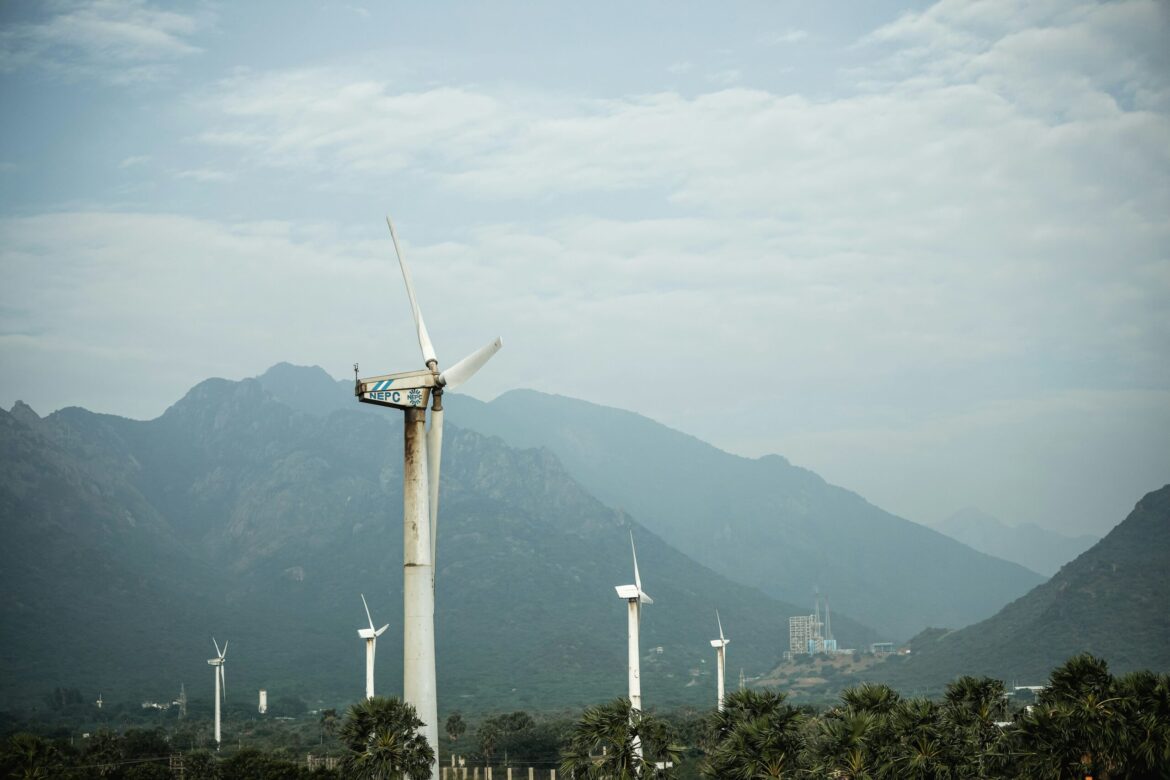In February 2023, the ongoing global energy crisis—exacerbated by Russia’s invasion of Ukraine and rising fossil fuel prices—continued to influence American energy policy. As the U.S. sought to reduce its dependence on foreign oil, the Biden administration doubled down on its green energy initiatives, advocating for a shift toward renewable sources like wind, solar, and electric vehicles.
Renewable Energy Investments
Throughout 2023, the U.S. saw significant investments in renewable energy. The Biden administration, through policies such as the Inflation Reduction Act, encouraged green energy development and technological innovation. This move was not only aimed at reducing greenhouse gas emissions but also at ensuring energy independence and security in an era of geopolitical instability.
American Citizens and the Energy Shift
For American citizens, the shift toward green energy represented a dual opportunity: to reduce the economic impact of rising energy costs and to contribute to the fight against climate change. As electric vehicle adoption increased and new energy-efficient technologies were introduced to the market, consumers were given more choices to transition away from fossil fuels.
Energy Security and Global Implications
The energy crisis also underscored the U.S.’s increasing focus on energy security. By reducing reliance on foreign oil, particularly from volatile regions like the Middle East and Russia, the U.S. could better safeguard its economic interests and maintain global influence. Additionally, as energy prices fluctuated, the U.S. pushed for greater collaboration with international partners to stabilize markets and enhance supply chain resilience.
Through these efforts, America not only aimed to alleviate immediate energy shortages but also to position itself as a leader in the global green energy transition.

